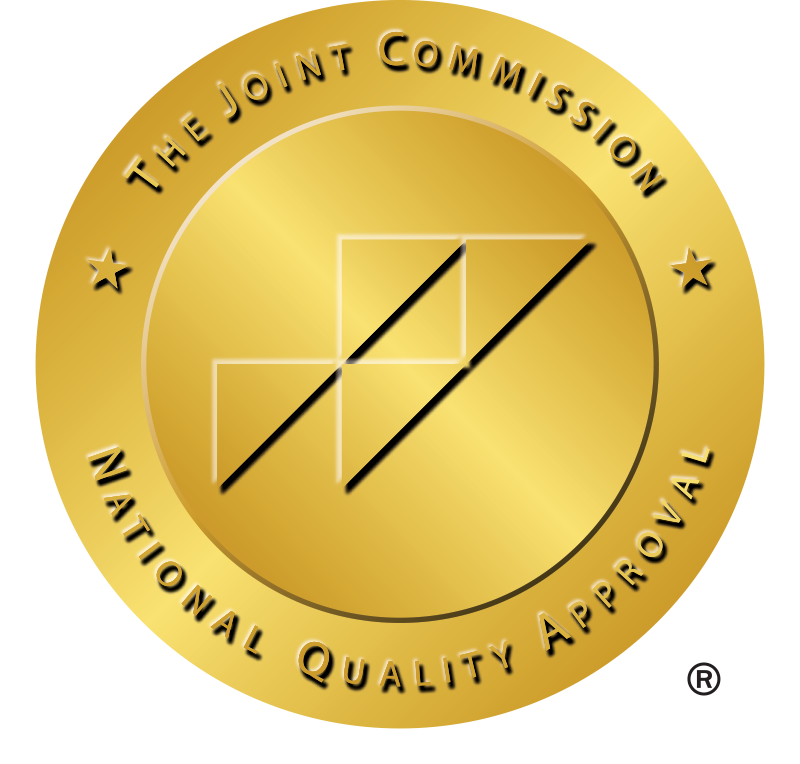There are many powerful substances – both legal and illegal – that people can get their hands on nowadays. Unfortunately for the 20 million Americans that have substance abuse disorders, these substances have led to addictions that can result in long roads to recovery. Worse yet, a vast majority of these people struggling with an addiction don’t get treatment.
Fortunately for a topic as serious as addiction, there is hope. Treatment centers like Allendale Treatment have become far more sophisticated in their approach to recovery, and awareness is continuing to be spread. Knowing the signs of addiction can help you identify symptoms before the addiction gets out of hand, and this post will go into detail about the various kinds of warning signs.
Physical Signs
Weight loss: Drugs that fall in the stimulant category can make you lose your appetite. This can result in stimulant addicts eating less and losing a significant amount of weight.
Bloodshot eyes: Many drugs like alcohol, cocaine, and marijuana expand the blood vessels in the eye, causing redness. Other drugs can make the eyes water.
Sleep troubles: A common sign that someone has an addiction is when they don’t sleep much (insomnia) or they sleep too much (hypersomnia).
Changes in complexion: Substance abuse can affect your skin, leading to paleness, breakouts, and even jaundice. Some substances will make people scratch or they will inject the drug, so there may be scrapes, scabs, or track marks on the body.
Poor hygiene: If someone is not washing their body or cleaning their teeth, this can be a sign of addiction.
Behavioral Changes
Ignoring responsibilities: If someone is experiencing an addiction, they can begin to ignore common responsibilities like work or school. In some cases, they may ignore the responsibilities they have toward their family too.
Being secretive: An addict may seek more privacy to engage in their addictive behavior. They may push family and friends away too.
Financial issues: Addictions can become expensive, and if someone is constantly borrowing money or selling their things, this could be a warning sign.
Psychological Changes
Depression and anxiety: An addict may show signs of depression or anxiety that they may not have had before. Examples of this could be a low mood or loss of interest in things they once enjoyed.
Low self-esteem: Addicts may think less of themselves because of an addiction. They could feel unintelligent, lack confidence, or have a negative outlook on life.
Irritability or mood swings: Sudden anger can be a sign of addiction, and if someone is experiencing various moments of extreme high and low emotion, these can be other signs too.
Overall
Knowing these warning signs of addiction can help you keep an eye out for the people in your life and prevent addiction from worsening. These signs can help others prevent overdoses and make sure that their loved ones are getting the right help that they need.





